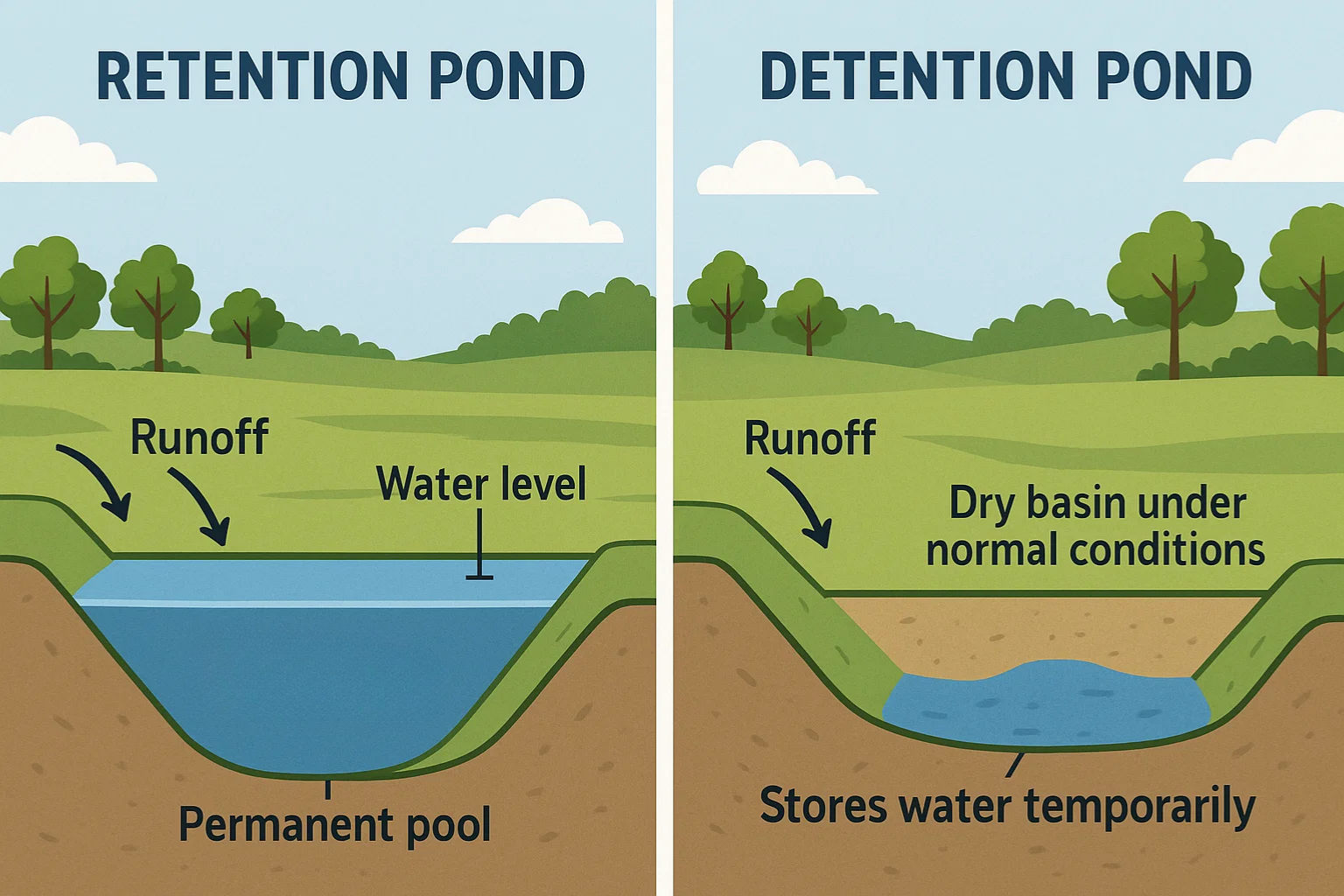
In many places around Atlanta, you’ll see large ponds near homes, schools, or shopping centers. Some of these ponds always have water in them, and some are dry most of the time but fill up when it rains. These are not just normal ponds. They are made to control rainwater so that roads, houses, and buildings don’t get flooded when it rains a lot.
Two types of these ponds are used in Atlanta: retention ponds and detention ponds. They sound similar, but they do different jobs.
If you are a homeowner or part of a homeowner’s group (HOA), you may be responsible for keeping these ponds clean and working properly. Taking care of them is called retention pond maintenance. Not doing it right can lead to fines, flooding, or even mosquito problems.
According to the Georgia Stormwater Management Manual, stormwater ponds must be inspected and maintained to follow local safety rules. It’s not just a good idea—it’s required.
So let’s make it really simple. What are these ponds? Why do they matter?
What is a Retention Pond?
A retention pond is made to hold water all the time. Even when it hasn’t rained for weeks, this pond still has water. It’s like a small lake or pond that you see in your neighborhood.
Easy facts about retention ponds:
Always has water in it
Helps collect dirty rainwater and clean it before it goes to rivers or lakes
Slows down water during heavy rain
Helps protect houses and roads from flooding
Retention ponds are usually found in:
Neighborhoods
Apartment areas
Big shopping centers
Schools and parks
They often look nice, and sometimes they even have ducks, fish, or a fountain. But they’re doing an important job—holding rainwater and cleaning it.
Also Read: 5 Key Purposes of a Retention Pond You Should Know
What is a Detention Pond?
A detention pond is different. Most of the time, it looks empty or just like a grass field. But when it rains heavily, this pond fills up fast and then slowly lets the water out through a pipe or drain. This helps prevent flash flooding.
Easy facts about detention ponds:
Usually dry; only holds water after rain
Slowly drains water out to nearby streams or drains
Helps control flooding during storms
Doesn’t clean water like retention ponds do
Detention ponds are usually found near:
Warehouses or office parks
Public parking lots
Large fields or playgrounds
So, if you see a big grassy hole that fills up only during rain, that’s likely a detention pond.
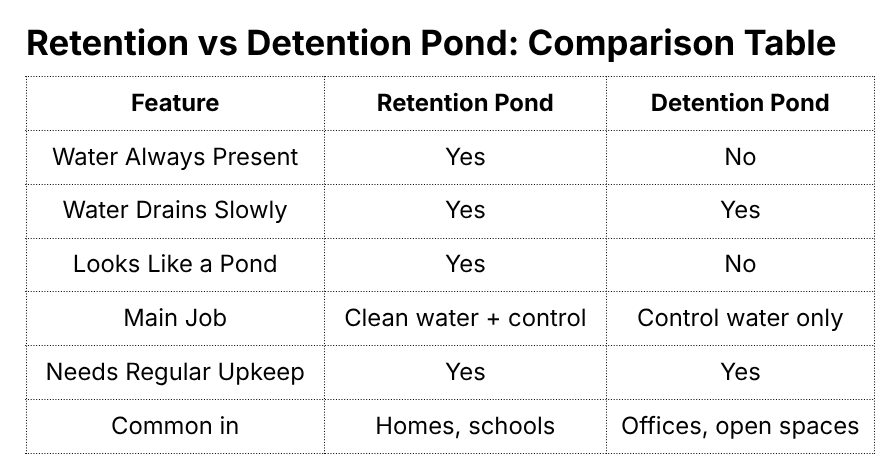
Why Do We Need These Ponds in Atlanta?
Atlanta gets a lot of rain—about 50 inches each year. That’s more than cities like Chicago or Los Angeles. Without these ponds, all that rain would run off roads and roofs and flood everything.
Stormwater ponds are like rain traps. They slow down and hold the rain, so it doesn’t damage streets, houses, or pollute the rivers.
If we don’t take care of these ponds:
Water can flood roads and homes
Trash can block drains
Mosquitoes may breed
The city may give fines to owners
That’s why retention pond maintenance in Atlanta is so important. It protects the neighborhood and keeps everything safe.
How to Know Which Pond You Have
You don’t need to be an expert. Just check these things:
You have a Retention Pond if:
Water is always in the pond
You see fish, ducks, or fountains
It looks like a small lake
You have a Detention Pond if:
It’s dry most of the time
Water only fills up when it rains
It looks like a grassy bowl or dip in the land
Still confused? You can call your local county stormwater department. They usually have records for your area.
What Kind of Maintenance Do These Ponds Need?
Let’s break it down. All ponds need care—even dry ones.
Retention Pond Maintenance:
Remove trash and debris (plastic bottles, leaves, etc.)
Keep grass cut short around the pond
Stop algae or weed overgrowth
Clean pipes or drains that carry water in/out
Remove sediment (mud) buildup if needed
Control mosquitoes using safe methods
Detention Pond Maintenance:
Remove leaves, branches, or trash
Keep the grass trimmed in and around the basin
Check the drain pipes after each heavy rain
Watch for signs of erosion or sinkholes
Clear any clogs in the outlet pipe
Even though detention ponds look dry, they must be inspected, especially before rainy seasons.
Check Your Pond Every 3 Months: Step-by-Step
Doing a quick check can stop big problems later. Here’s how:
Step 1: Walk Around the Pond
- Look for trash or signs of erosion (mud sliding down)
Step 2: Check Plants
- Remove tall weeds or plants near the edges
Step 3: Check Water Drains
- Make sure the pipes are not blocked with leaves or trash
Step 4: Take Photos
- Photos help you track changes over time and prove maintenance if needed
Step 5: Write it Down
- Keep a notebook or digital record of inspections
Pond Tips for HOAs & Property Owners in Atlanta
Hire professionals yearly for deep inspection
Keep records of every maintenance or check-up
Use mosquito dunks (safe tablets) if water becomes still
Don't throw grass clippings or yard waste into the pond
Plant native grasses or plants around the pond to stop erosion
What Happens if You Ignore Maintenance?
If ponds aren’t taken care of, this can happen:
The pond fills with mud and can’t hold water
Pipes get clogged and flood nearby buildings
Mosquitoes can lay eggs and cause health problems
The city can fine the property owner or HOA
Important Stats (With Sources)
Atlanta gets 50.2 inches of rain each year
Source: US Climate DataUnmaintained storm ponds increase flood risk by 40%
Source: Georgia Environmental Protection DivisionGeorgia law requires ponds to be inspected annually
Source: GA Stormwater Manual
Key Takeaways
Retention ponds hold water all the time. Detention ponds are dry most of the time.
Both are used to manage rainwater and prevent flooding.
Retention ponds also clean water. Detention ponds just slow it down.
Regular checks and cleaning are needed to avoid flooding, fines, and pests.
If you're in Atlanta and have a pond near your property, you may be responsible for maintaining it.
Not Just a Pond—It’s a Safety Tool
Most people see a pond and think it's just for looks. But if you live in Atlanta, that pond could be keeping your street from flooding. It might even be saving your basement from water damage.
That’s why knowing the difference between a retention pond and a detention pond matters. And that’s why retention pond maintenance in Atlanta isn’t just a task—it’s protection.
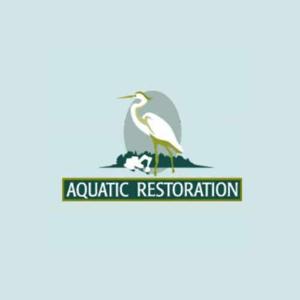
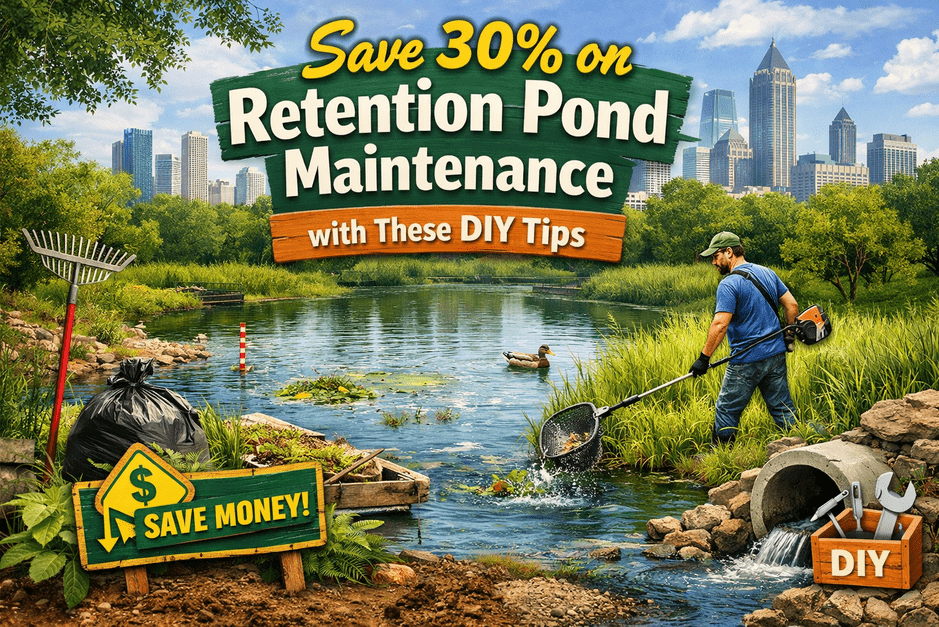
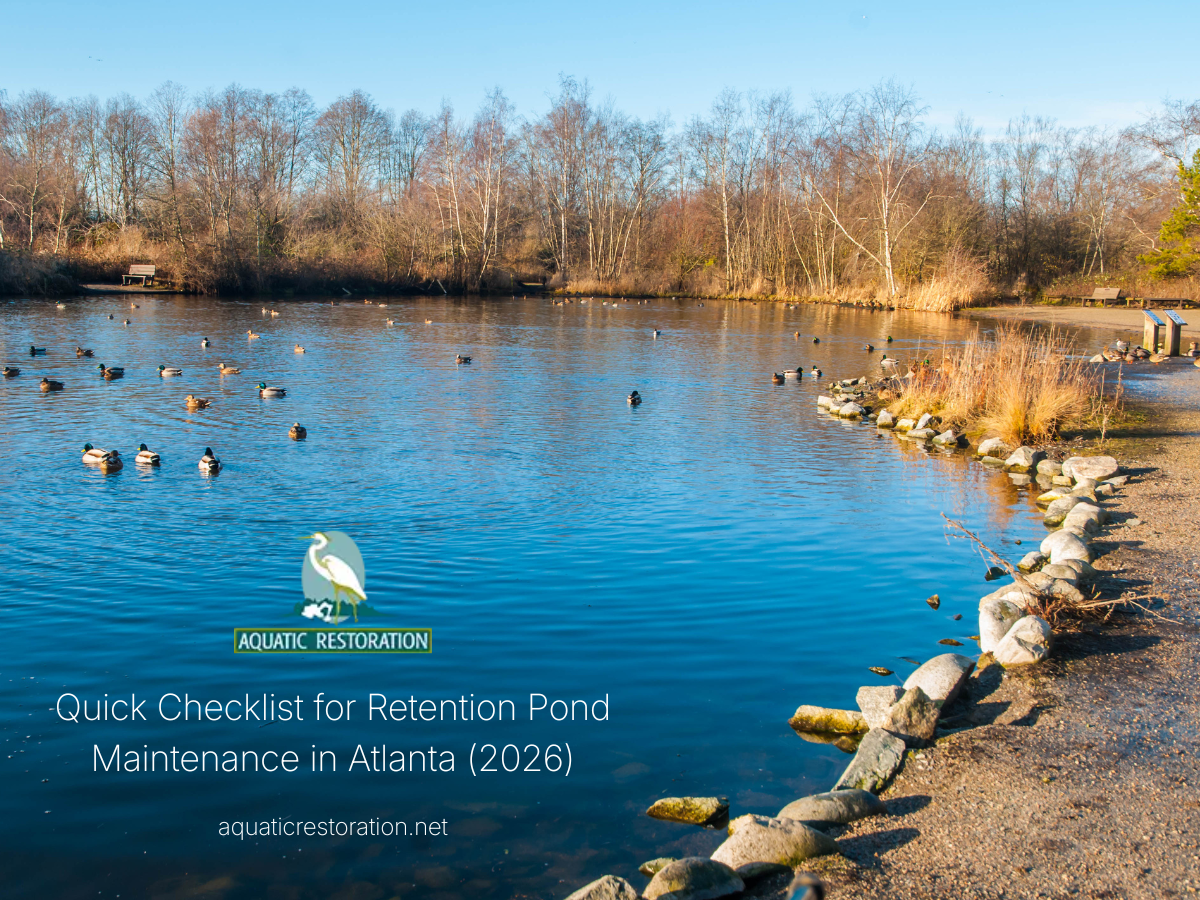
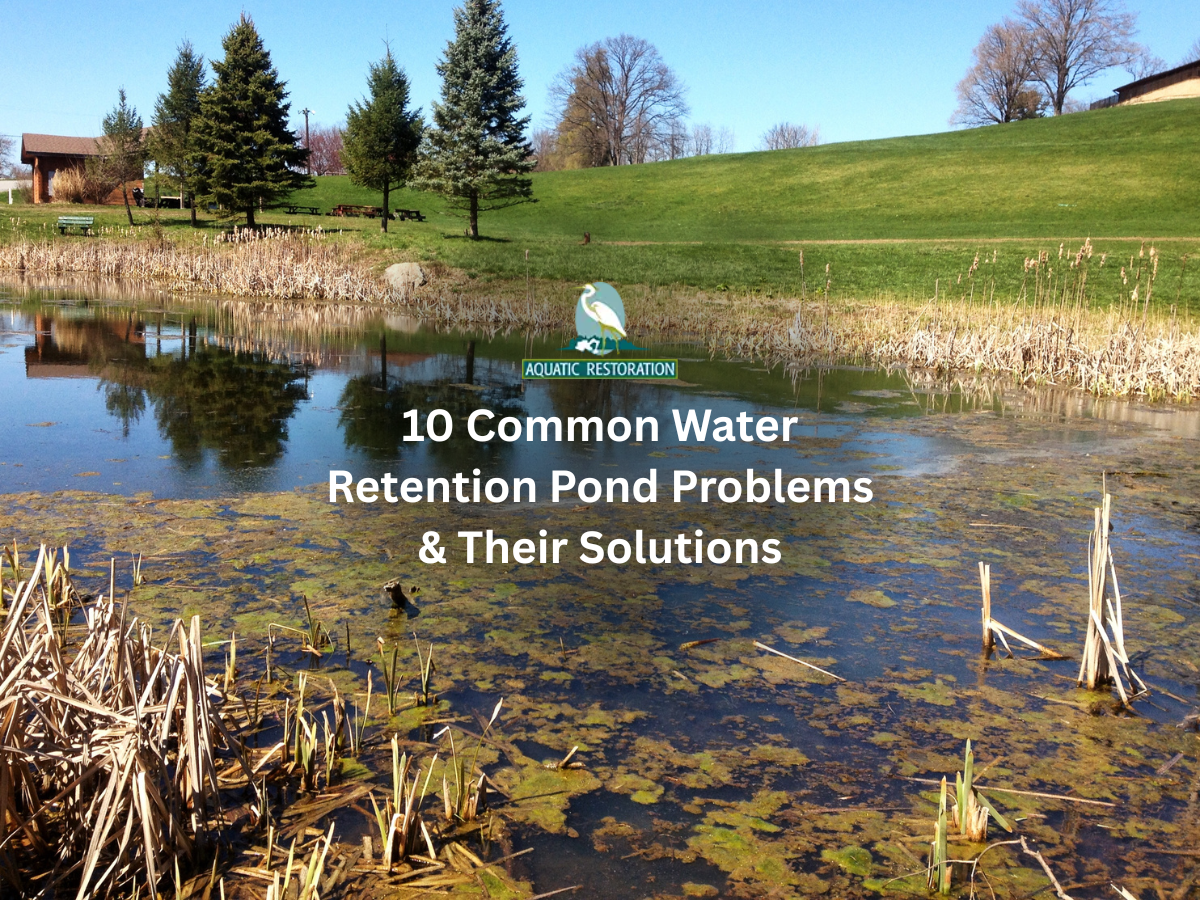
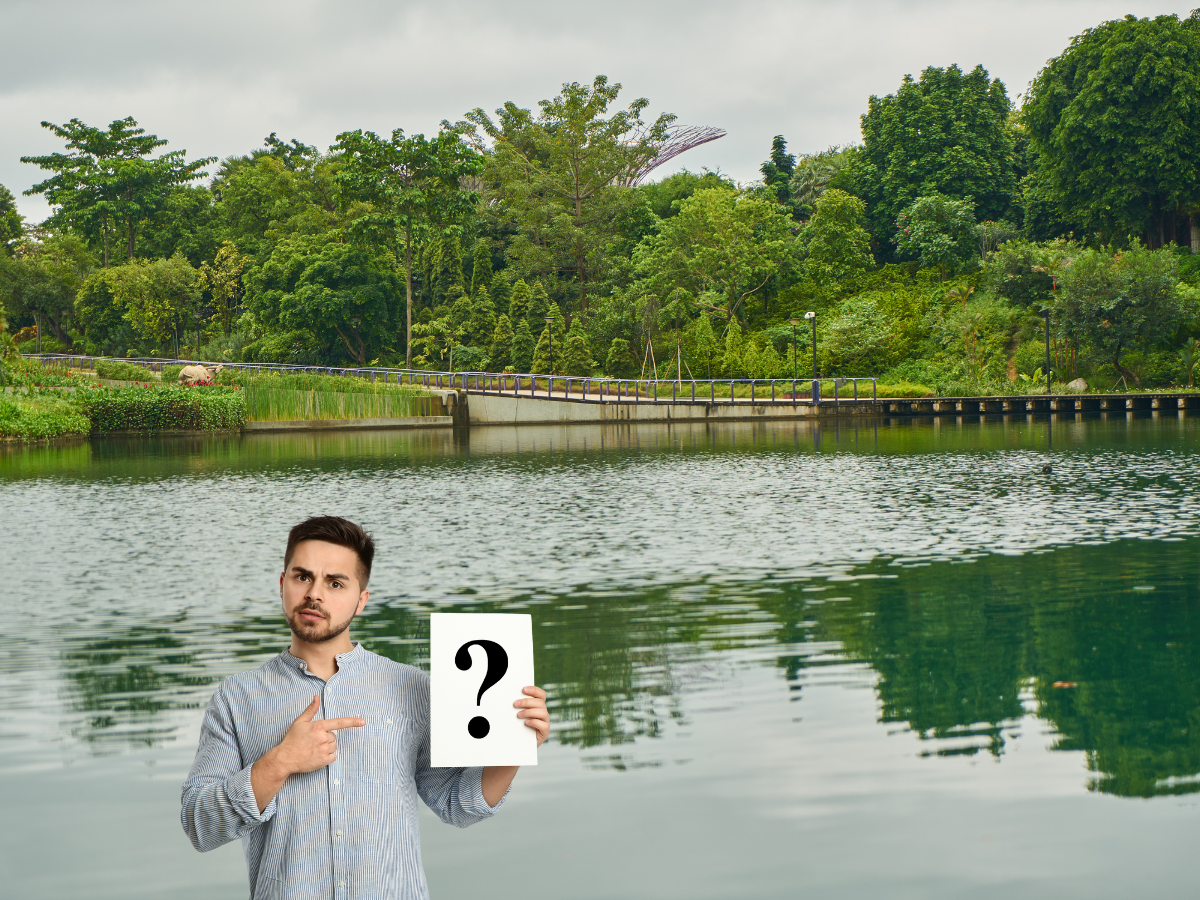
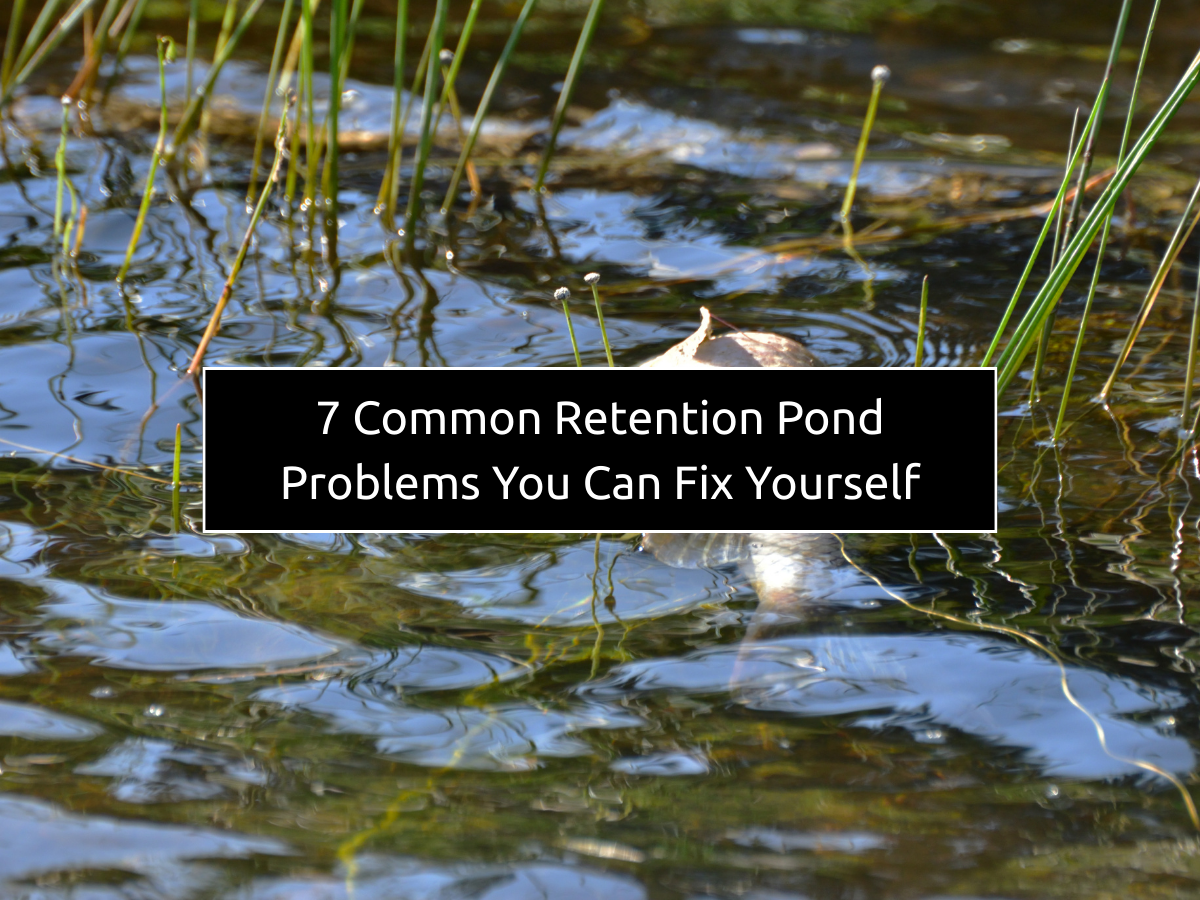
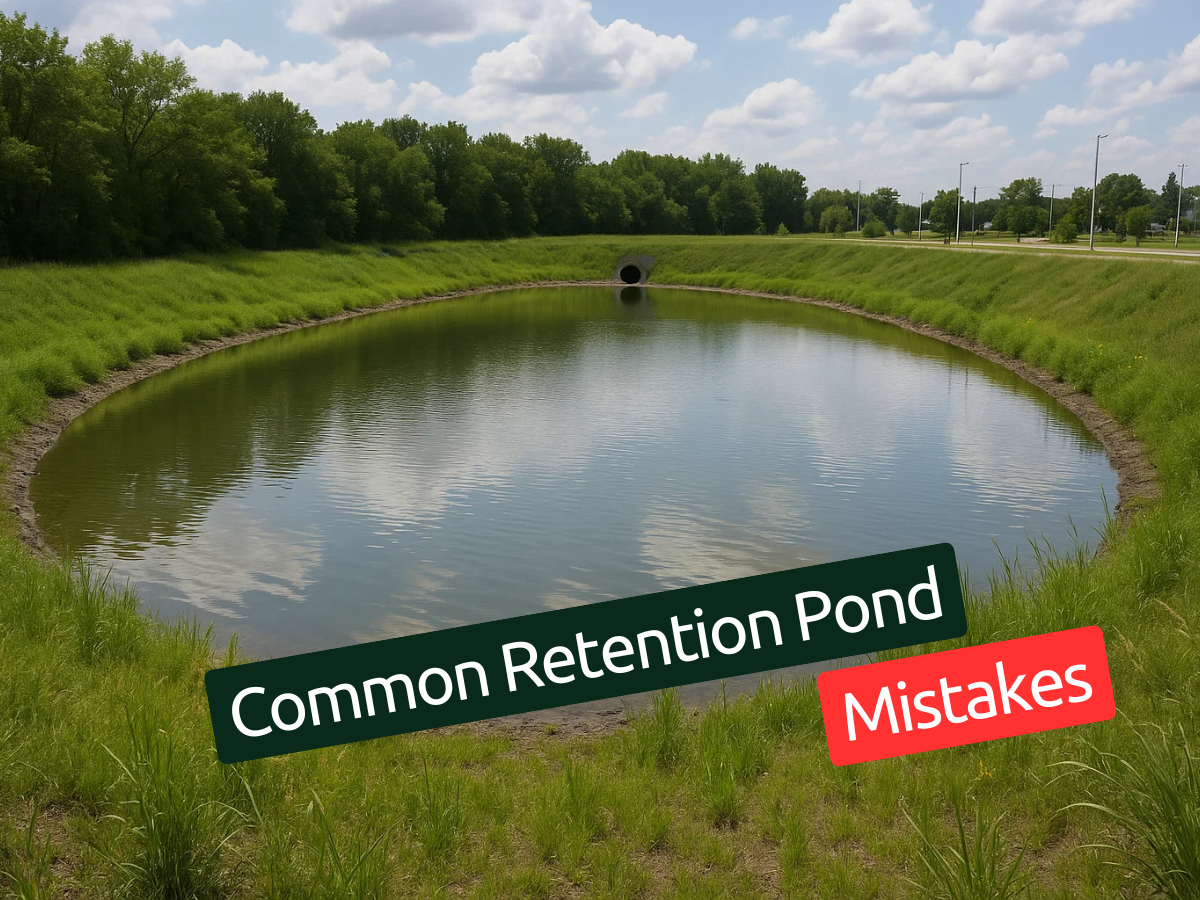
Write a comment ...